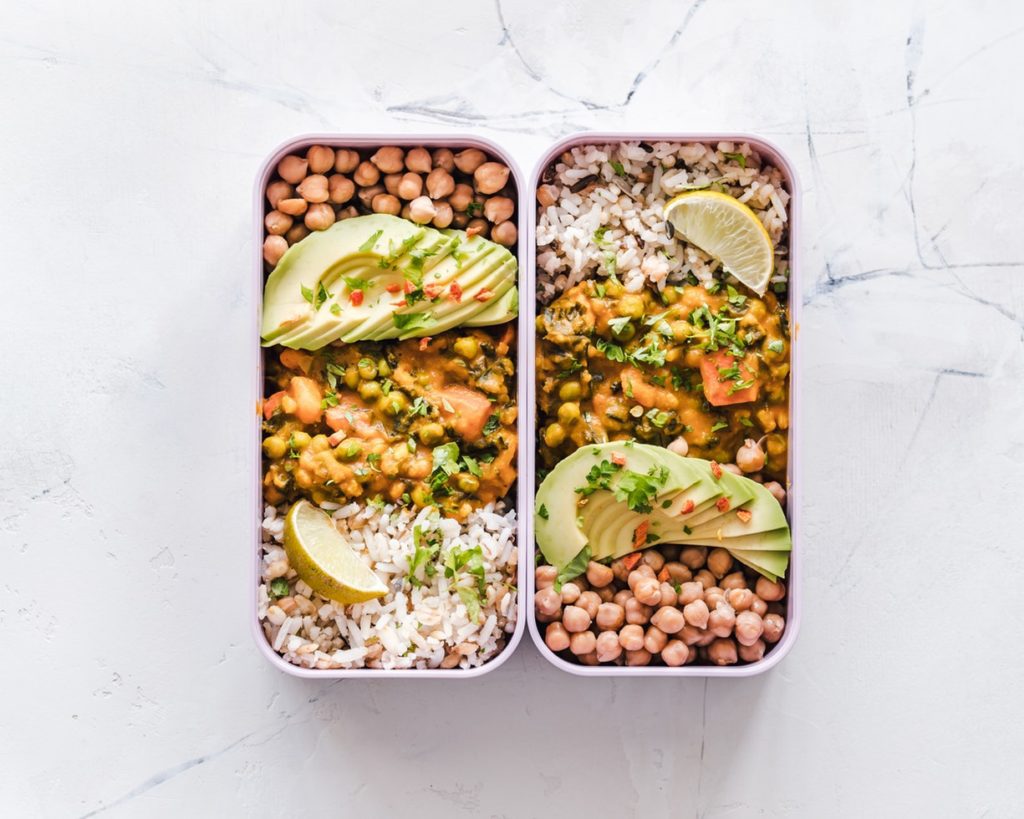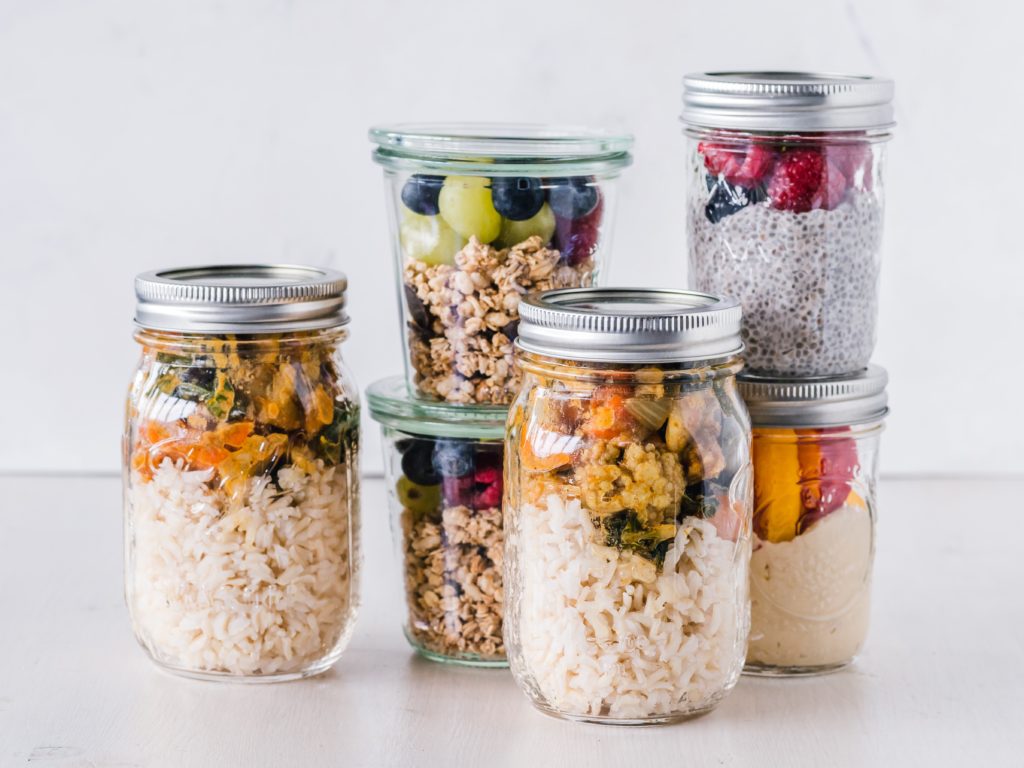Looking to learn how to save money?
The world is facing a food waste epidemic – and it’s not just food we’re throwing in the bin.
Let’s find out how to save money on food by simply reducing waste
In the UK alone, the average household throws out £700 worth of food a year according to This is Money. That’s the equivalent of almost £15 worth of food going in our bins, every week.
If you’re trying to tighten your purse strings, cutting out your food waste alone could save you £58 per month.
So, how to do it? Here are some simple tips you can apply to see the difference in your wallet and in bin at the end of the month:
Best before dates 🕓
Trust Deed Scotland can reveal that the Journal of Environmental Research Letters published a study showing that up to 80% of food waste is avoidable. The European Commission’s Joint Research Centre led the work and spokesperson for the study, Davy Vanham evaluated,
‘In some ways, it’s good that this waste is avoidable because it means we’re able to do something about it. A lot of food is still good but is thrown away when it passes its sell-by date.’
If you remember what the dates mean, it could prevent you from throwing out perfectly good food that could be eaten. A guide to what perishable food labels actually mean:
Use By – The date the food has to be eaten by. Do not keep for longer than this date.
Best Before – The food will be at its optimum condition before this date but can still be consumed after this date although it will gradually lose quality of taste and texture.
Sell By – Used by shops to determine how long they should keep the items on their shelves. You do not need to eat the food by this date.
Display Until – Also used by shops to determine how long they should keep the items on their shelves. You do not need to eat the food by this date.
Eat up the food you already have in 😋
Head to the kitchen and do a stock check – what’s already in your fridge? Go through it and move older food to the front and newer food to the back, eat the older food first while it’s still fresh. Check the ‘Use By’ dates on your food, if you think you won’t manage to eat some things before this date, pop them in the freezer for later so they can avoid the bin.
If you have a tendency to forget fresh food or run out of space in the fridge, try canned foods and frozen options instead. Does that broccoli always end up in the bin? Replace it with a bag of frozen broccoli. It’s often a cheaper, fresher option and will save you prep time as well as reducing your waste.
Don’t forget to check your cupboards too! Most of us are guilty of forgetting that tin of tomatoes or the bag of pasta at the back of the cupboard – add in some veggies and that’s a meal ready to go!
Eat more plants 🌱

Some of the most expensive items in the supermarket are meat and cheese, whilst the cheapest are veggies, beans and legumes like lentils and chickpeas. If you’re not ready to make the switch to a fully plant-based diet, just cutting out meat could save you £600 a year.
If you don’t want to completely cut meat out your meal plan – why not try one meat-free day a week. Meat Free Monday a campaign launched by Sir Paul McCartney and his daughters encourages you to adopt one vegetarian day a week to leave you with more cash at the end of the month. You’ll be doing your bit for the planet too.
According to This is Money the latest Office for National Statistics figures report the average family spend £12.80 per week on meat and just £4.30 on vegetables. One vegetarian meal a week will cost you just 61p compared to £1.83 for a meat-based meal. If you swapped just one meal per week to a vegetarian one you’ll save a fiver a month!
Create a meal plan – and stick to it 📝
Plan ahead and create a meal plan for the week ahead. Not only will this help you to reduce your waste and save money but it allows you to plan healthier meals.
Fast food and pre-prepared meals are overpriced and usually not very good for you. Save money and eat healthier by preparing your own meals at home. For a quick and easy main meal, why not try a stir fry with rice noodles and for a lighter option, blend some vegetables together with some stock to make a quick and simple soup. For inspiration look to Google and Social media. Instagram and YouTube are full of accounts offering cheap recipe ideas for free. On YouTube Miguel Barclay shares meals that cost just £1 per portion.
⭐ Top tip ⭐: Save any recipes you find into a Pinterest board or try using a meal planning app like Paprika where you can save your recipes. The app will even create a shopping list for you.
Steps to creating a good meal plan:
- Think about what you need to plan around this week – are you working? Are you going out one night? If you have kids will they be home for every meal?
- Look at the food you already have in and plan meals around those ingredients.
- Write a shopping list – when you head to the shop if it’s not on your list – it doesn’t go in the basket.
- Share the meal plan with your partner/family. You can make up a menu and display it in the kitchen – make it fun!
⭐ Top tip ⭐: Try not to go food shopping when you’re hungry – we’ve all been there. You’ll find yourself more likely to end up impulse buying snacks and it will all add up.
Prep your meals 👩🍳

Most people don’t realise how much money they spend on work or school lunches each week.
Prepacked sandwiches from Tesco, Sainsburys and Marks and Spencer. £3-£4 for a deal, including a snack that most of us can do without. And let’s be honest – the quality of food is rarely ever worth it
By preparing lunch the night before or in bulk once a week and freezing them until you need them, you can cut down on expensive convenience foods and use your lunch hour to relax instead of waiting in a busy queue to buy something.
If you have a busy week, you could even prep all of your meals and snacks in advance to keep you on track and save you time later.
Exercise portion control 📏
Always make too much food and end up chucking half of it in the bin? Check recommended servings on packaged foods and pay attention to these when cooking – weigh out your food to get the portions correct.
If you do have leftovers, freeze them and use them as part of another meal later. For a perishable item that you can only buy in a large quantity, such as a loaf of bread, freeze it on the day of purchase and defrost the number of desired slices as and when you need them.
Still struggling to make ends meet?
If you are in an increasingly unmanageable financial position, you could benefit from a tailored consultation with one of our expert advisers. We’re the largest debt advice company in Scotland and offer tailored, 100% confidential advice. A Protected Trust Deed or Debt Arrangement Scheme could be two options for you.
A Protected Trust Deed is a legislated debt solution in which you could write off unaffordable debt, reduce your monthly repayments to one affordable sum all while protecting the things you love.
The Debt Arrangement Scheme is also a legislated debt solution tool that can reduce your monthly repayments to an affordable amount while protecting the things that matter to you most.
To join the 30,000 people we’ve already helped to reach a brighter future, get in touch today by call us on 0141 221 0999 or search our Scottish debt solutions guide.
